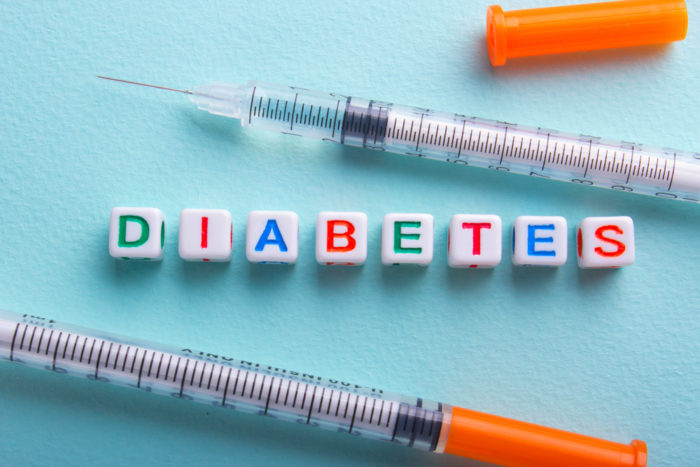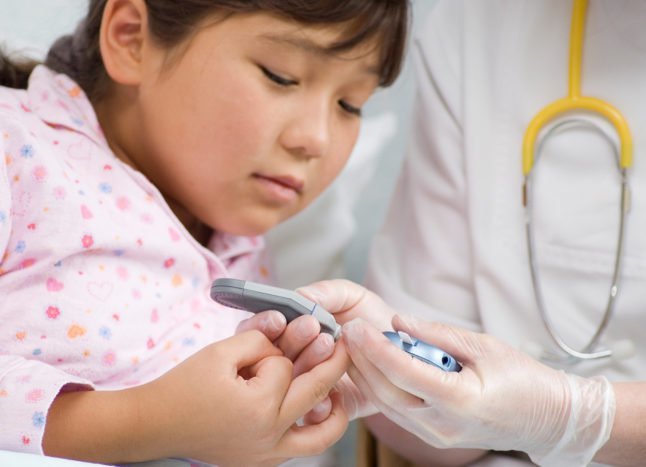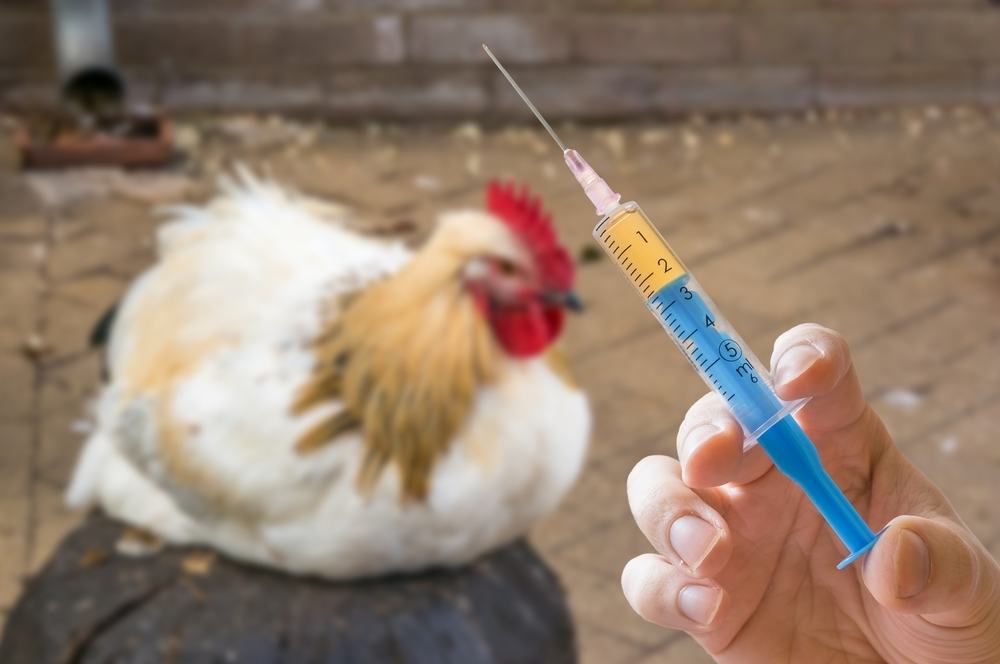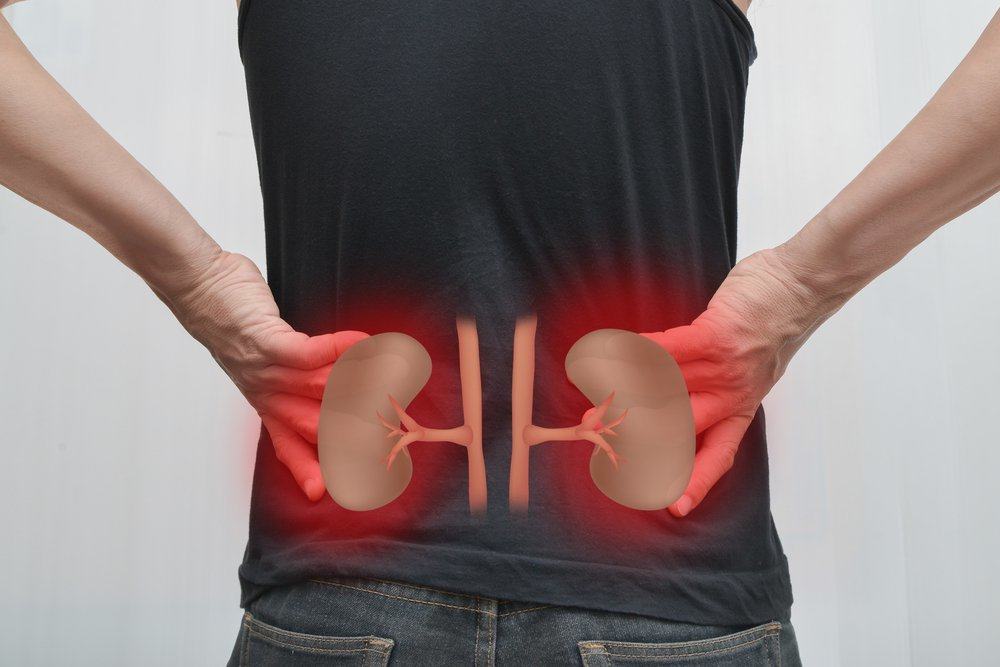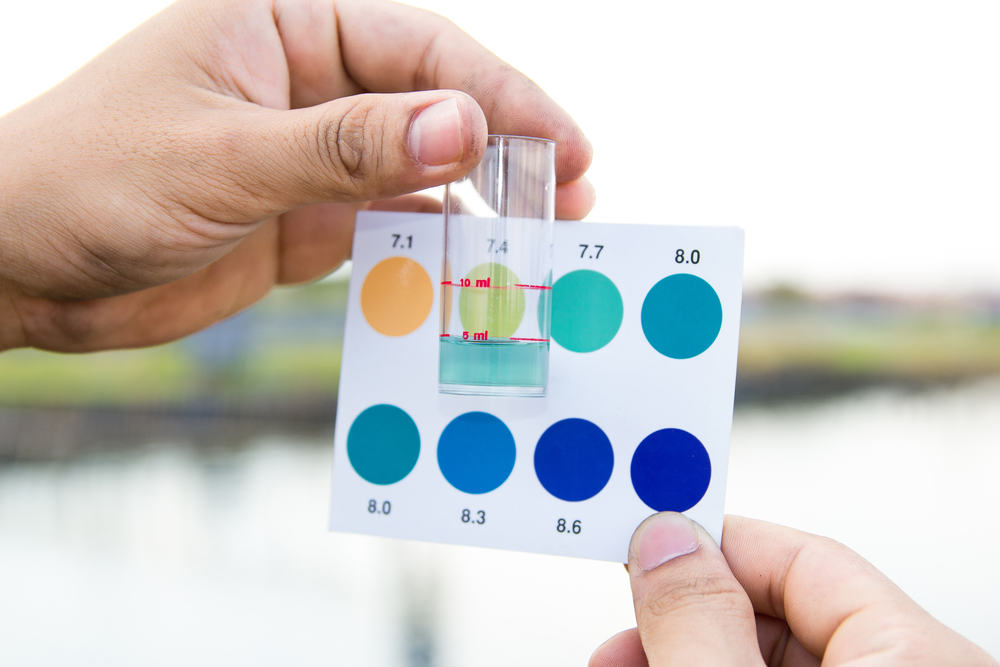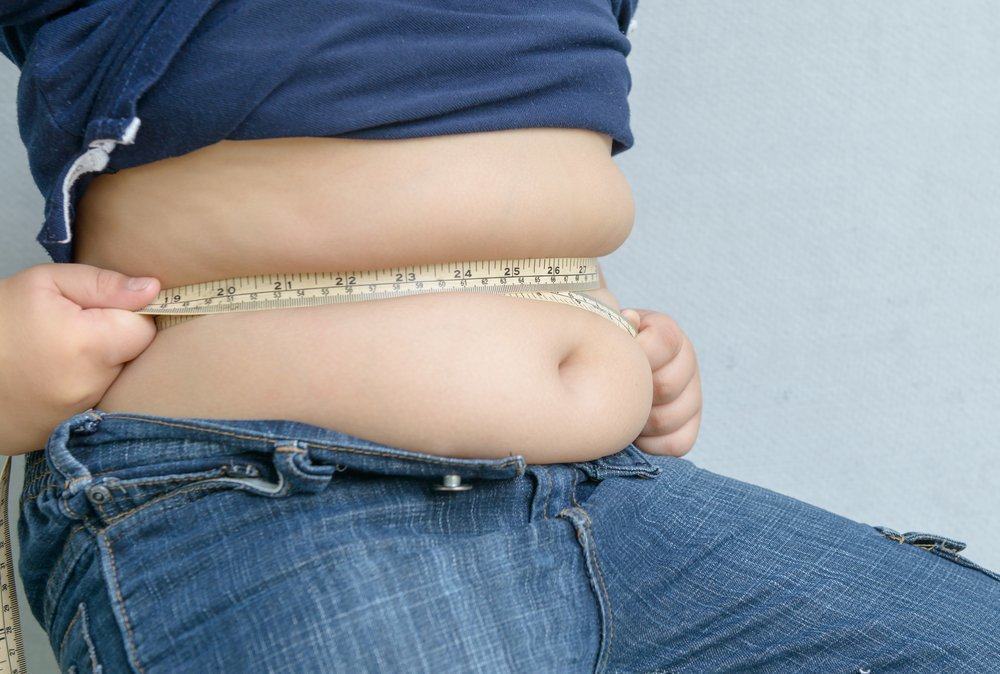Contents:
- Medical Video: Managing type 1 diabetes
- Type 1 diabetes starts to appear at the age of 4-15 years
- What caused it?
- Complications that may arise from type 1 diabetes
Medical Video: Managing type 1 diabetes
Type 1 diabetes is a type of diabetes that starts in childhood. This type of diabetes is not seumum type 2 diabetes in adults caused by unhealthy lifestyles. Type 1 diabetes can cause serious complications in the child's bodyif not immediately diagnosed and treated.
Type 1 diabetes starts to appear at the age of 4-15 years
Diabetes is a chronic disease characterized by continuous high blood sugar levels. This problem can arise if the pancreas is unable to produce insulin or when the body is unable to respond to insulin. Insulin is a hormone that helps glucose or blood sugar into organ cells so that it can be used as energy.
Type 1 diabetes is one of several types of diabetes in the world. This type of diabetes is also often referred to as childhood diabetes because the development of the problem starts at an early age. First in children aged 4-7 years, then in children aged 10-14 years.
Childhood diabetes includes autoimmune diseases, which occur when the immune system mistakenly attacks healthy tissue. In the case of type 1 diabetes, the immune system mistakenly targets the production of insulin in beta cells in the pancreas. Different from type 2 diabetes, which usually occurs at the age of more than 30 years, and often caused by an unhealthy lifestyle
Type 1 diabetes is a type of diabetes that is rare. Citing various sources, if there are 100 diabetics diagnosed, only 5 of them have type 1 diabetes.
What caused it?
To find out how diabetes can attack children, you must first understand how the body digests and processes glucose. Glucose is blood sugar which is the main energy source for the body.
The process begins withcooperation between saliva and digestive enzymes in the stomach to break down food into glucose (a form of sugar). Glucose will then be channeled into the bloodstream to be carried to various cells in your body's organs.
However, your body's cells cannot process glucose without the help of insulin, a hormone produced by the pancreas. Insulin functions to regulate blood sugar levels by helping the body's cells convert excess glucose into energy.
Unfortunately, the pancreas of children with type 1 diabetes is unable to produce enough insulin or not at all. As a result, glucose cannot be used by cells as energy so that it accumulates more in the blood and causes blood sugar to rise.
The cause of type 1 diabetes is not certain. However, genetic factors (derivatives) are strongly suspected as masterminds of the inability of the child's pancreas to produce insulin. A history of childhood illness and environmental factors can also trigger the acceleration of the development of this type of diabetes.
Complications that may arise from type 1 diabetes
Complications are very likely to occur if chronic diabetes is not good treatment and care. Necrosis aka tissue death is the most common complication of type 1 diabetes. Your body's tissues and organs can slowly die if you don't get glucose from the bloodstream.Necrosis usually occurs in the lower part of the body.
Other complications of type 1 diabetes are:
Heart disease
Over time diabetes increases a child's risk of various heart problems, including coronary heart disease with chest pain (angina), heart attack, stroke, arterial narrowing (atherosclerosis) and high blood pressure.
Nervous disorders
Excess sugar can damage the walls of capillary blood vessels that nourish your nerves, especially in the legs. This can cause tingling, numbness, feeling of heat or pain that usually starts at the tips of the toes or hands and slowly spreads upward.
Poor blood sugar regulation in the future can cause numbness in affected limbs. Damage to nerves in the digestive tract can cause problems such as nausea, vomiting, diarrhea, or constipation.
Kidney disorders
The kidneys have millions of clusters of capillary blood vessels that filter waste from the blood. Diabetes can damage this sensitive filtering system.
Severe damage can lead to kidney failure or advanced kidney disease, which then requires dialysis or kidney transplantation.
Eye damage
Diabetes can damage blood vessels in the retina, causing diabetic retinopathy that has the potential for blindness.
Diabetes can also increase the risk of other serious vision problems, such as cataracts and glaucoma.
Foot damage
Nerve damage to the legs or inadequate blood flow to the feet can increase various foot complications.
True untreated diabetic wounds can be a serious infection that may need amputation, either partially or completely.
Skin and mouth infections
Diabetes can make children more susceptible to skin problems, including bacterial and fungal infections.
Diabetes can also cause problems in the child's teeth and gums, such as gingivitis and periodontitis. If the child experiences both of these problems, usually the symptoms that commonly appear first are the gums are red, swollen, and easily bleed.
Diabetic ketoacidosis
If the blood sugar continues to be left high, the child can experience a serious problem called diabetic ketoacidosis.
Diabetic ketoacidosis is a fatal condition when toxic substances in the form of ketones accumulate and then damage organs, including the brain. If left untreated, diabetic ketoacidosis can cause coma or even death.
In commemoration of World Diabetes Day, Hello Sehat collaborated with Action for Diabetics (A4D) to increase Indonesian people's awareness of diabetes in children through complete information about type 1 diabetes, especially how to recognize symptoms, how to treat them, and tips on caring for children with diabetes.
A4D is a charitable organization that helps finance the treatment of children with type 1 diabetes in Southeast Asia. You can help by donating, becausea little support from you will be very valuable for those in need. Let's donate now!


